Coal Impact Tracker 2025
Indonesia’s energy transition is entering a crucial phase. As global energy systems rapidly pivot toward decarbonization and coal demand declines,
Indonesia’s energy transition is entering a crucial phase. As global energy systems rapidly pivot toward decarbonization and coal demand declines,
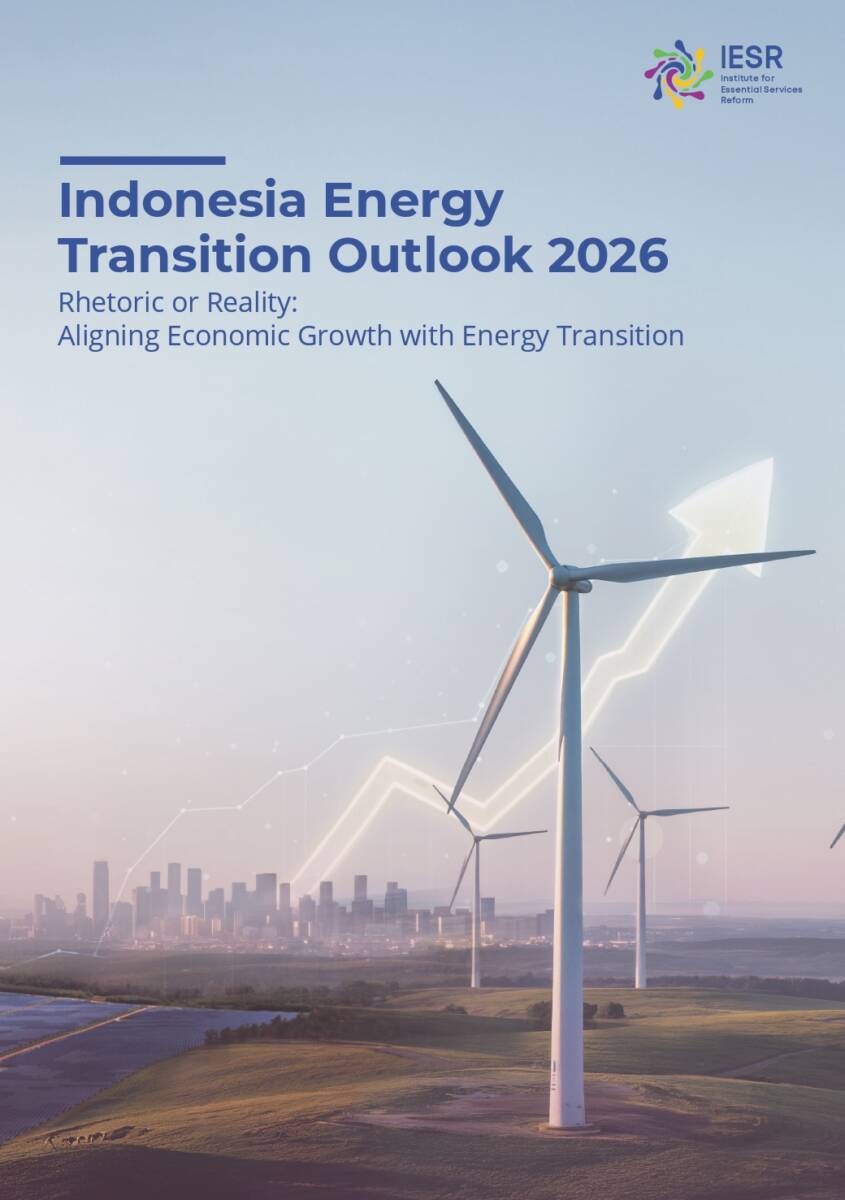
Rhetoric or Reality : Aligning Economic Growth with Energy Transition Indonesia is at a crucial moment to execute its ambitious
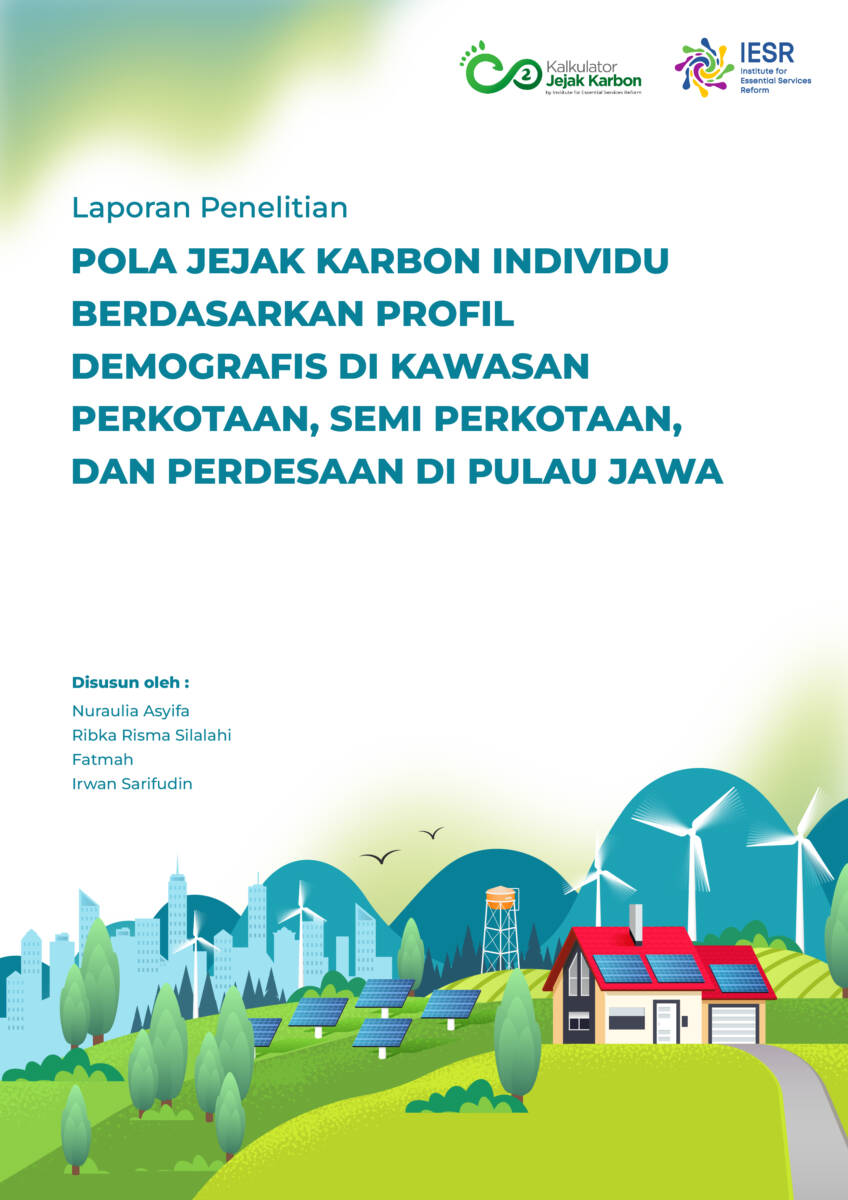
Mapping Individual Carbon Footprints for a Sustainable Future in Java The increasingly visible impact of climate change demands a deeper
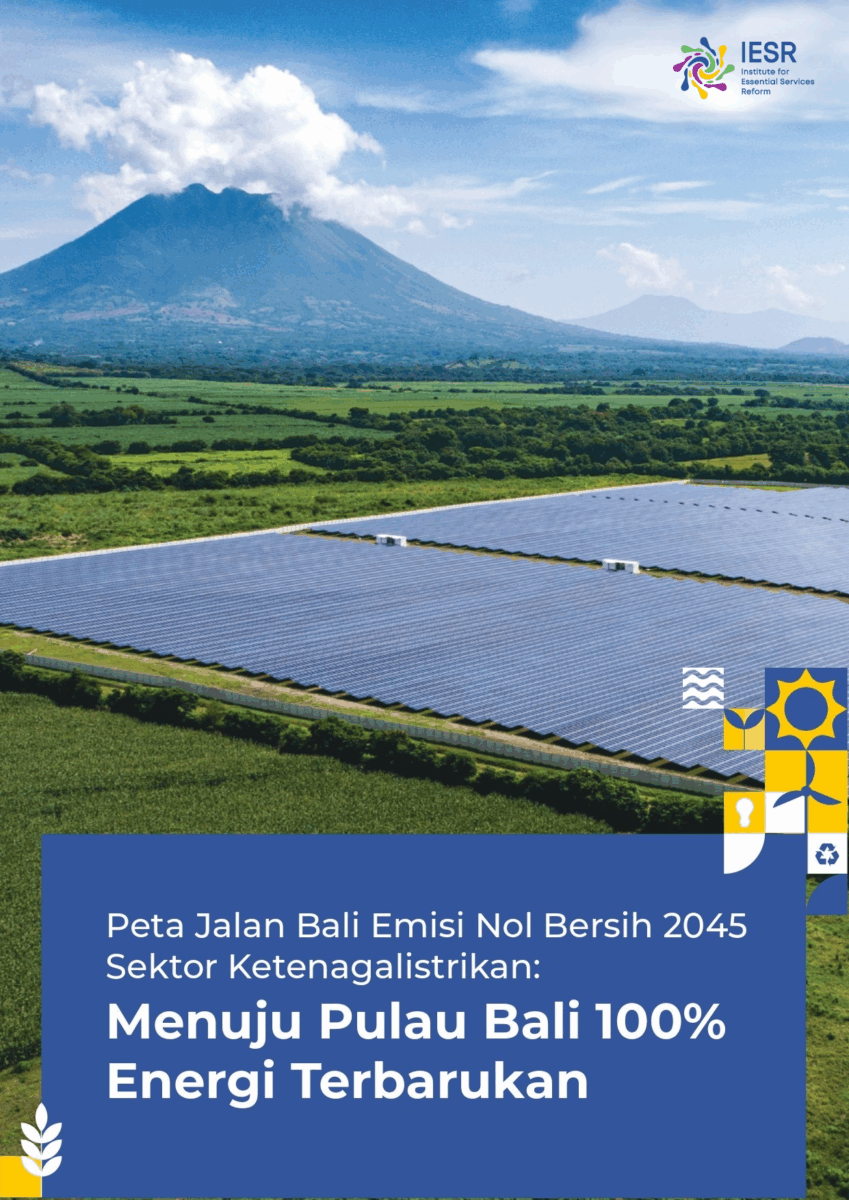
Towards a 100% Renewable Energy Powered Bali Island The increasing realities of climate change demand fundamental transformations across various sectors,
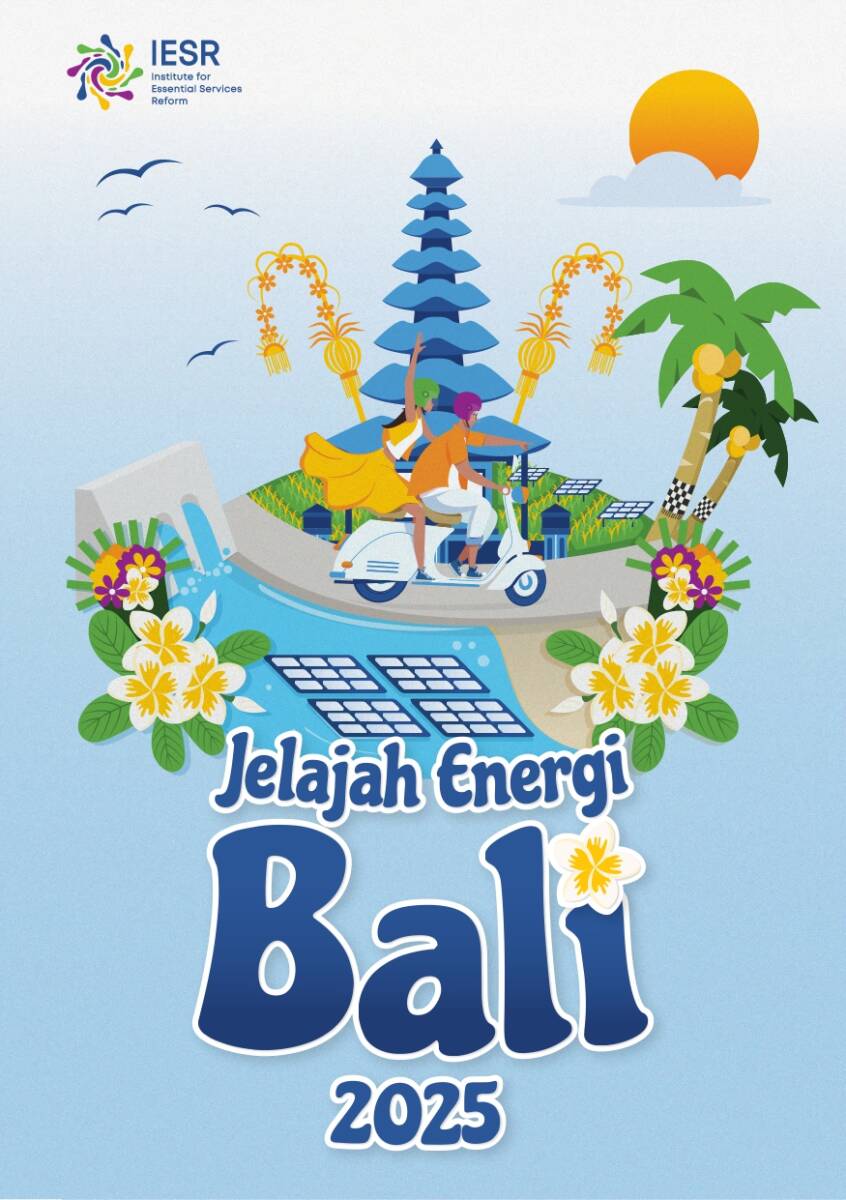
“Bali Energy Journey 2025” Book & “Bali Energy Journey” Article Collection – Documentation of the Transformation Towards Net Zero Emissions
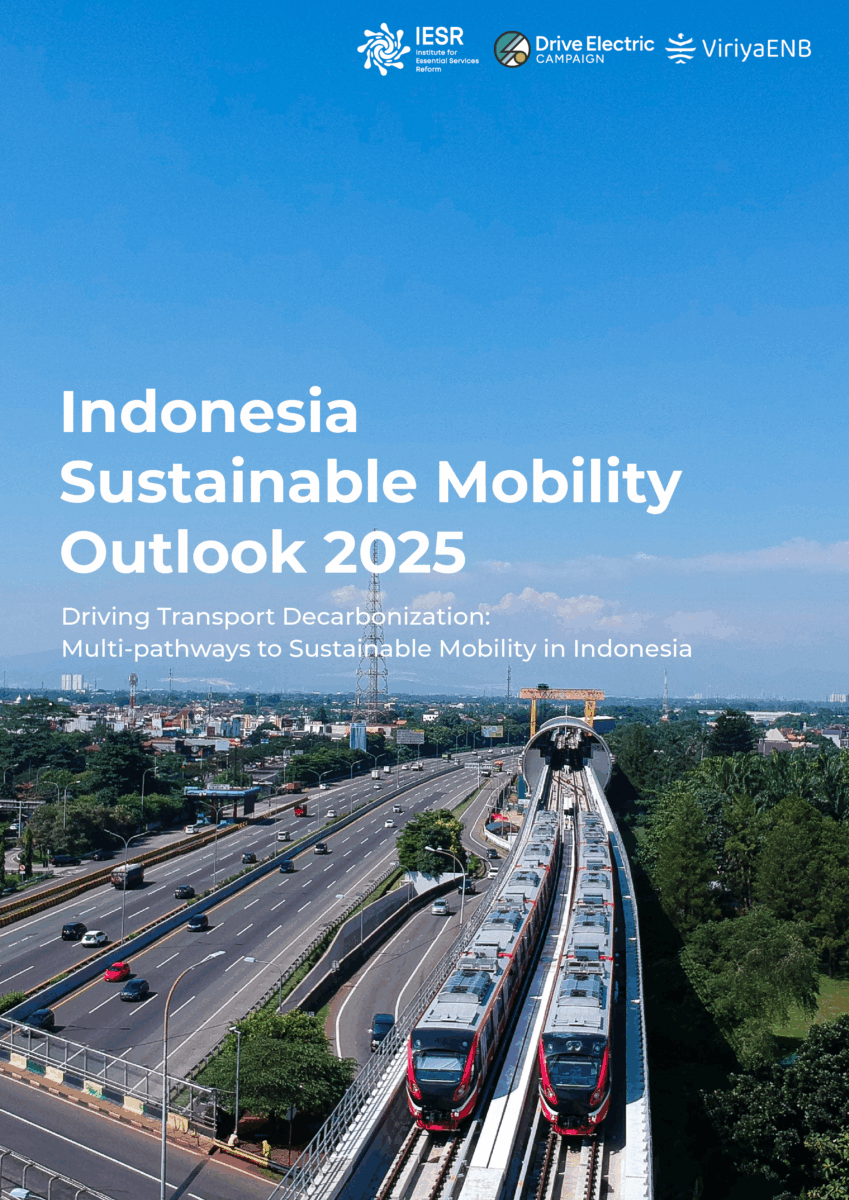
The Indonesia Sustainable Mobility Outlook (ISMO) 2025 is a comprehensive report analyzing the challenges and opportunities towards sustainable mobility in Indonesia. The report aims to raise awareness, encourage transformative policies, and facilitate strategic investments in public transport, electric vehicles, and infrastructure, towards achieving the net-zero emissions target by 2050.

This publication, titled Flexibility in Electricity System Development: A Case Study of Sulawesi Island, examines in depth how Indonesia’s electricity
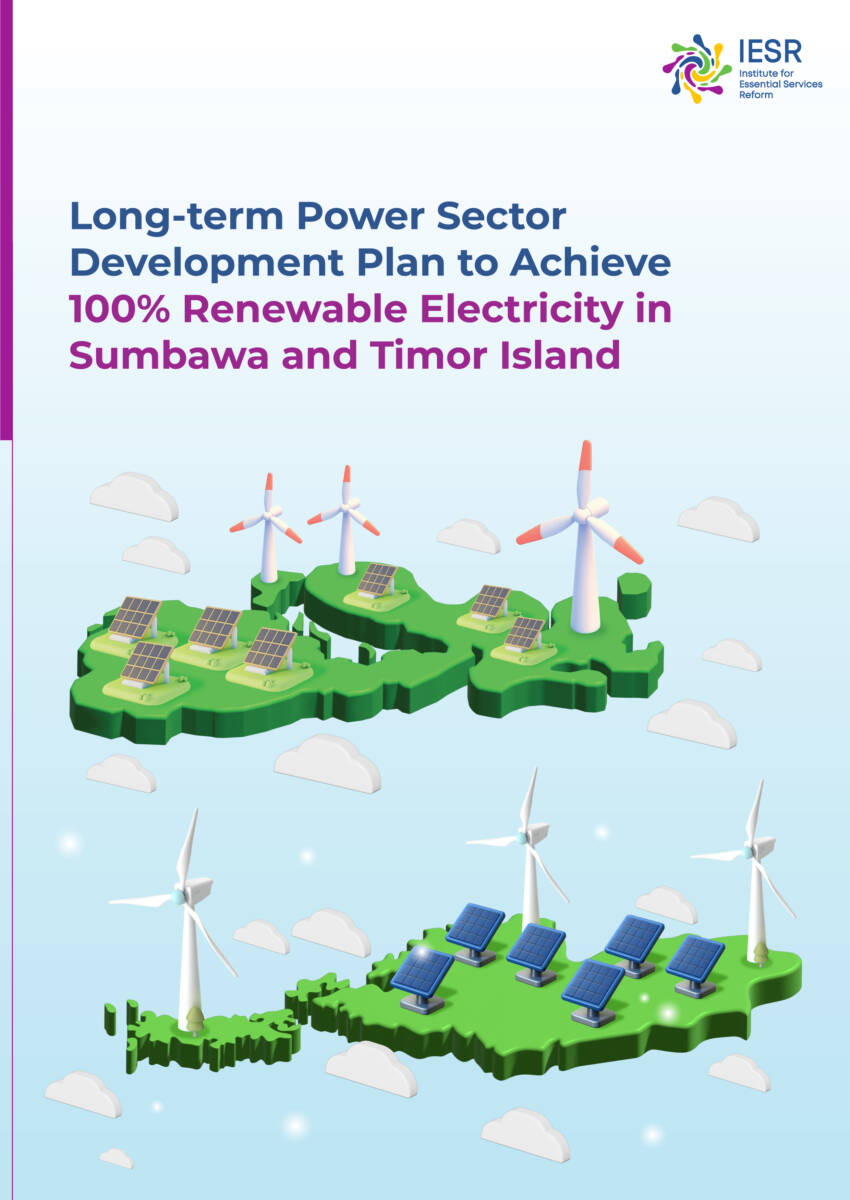
This publication outlines a comprehensive plan to achieve 100% renewable electrification in Sumbawa and Timor Islands, and serves as an
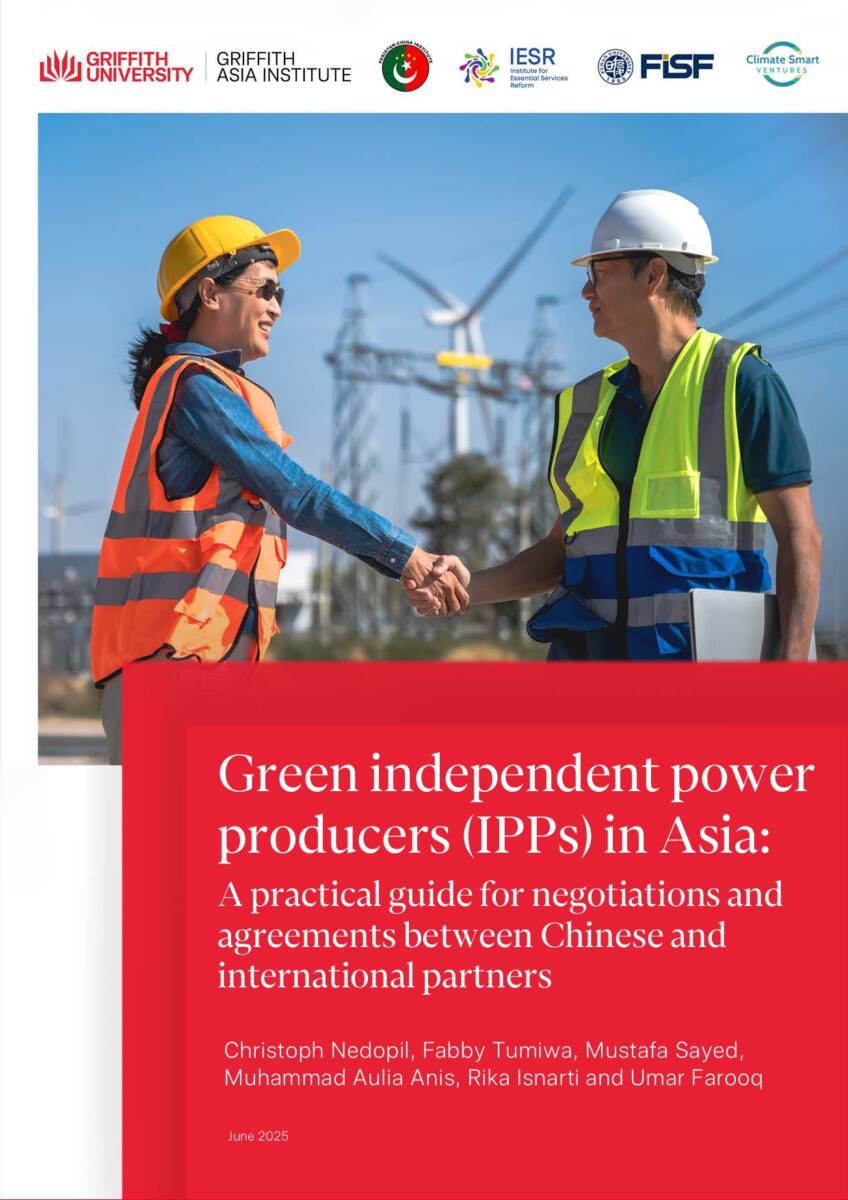
This publication provides practical guidance on how Asian off-takers (state-owned utilities) and Independent Power Producer (IPP) sponsors especially Chinese IPP

Prospects and Investment Opportunities for Renewable Energy in Central Java: A Guide to Green Economic Growth Indonesia is targeting an
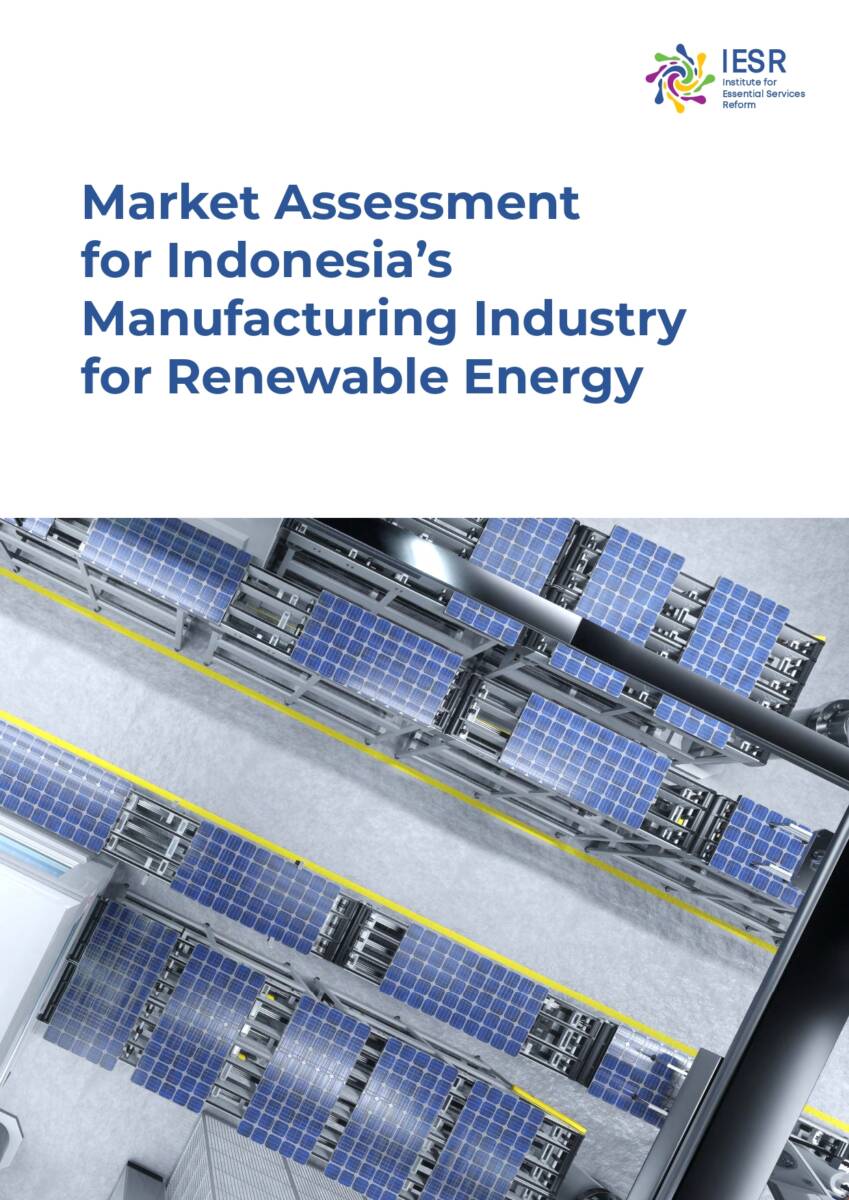
This publication highlights the urgency of renewable energy development in response to climate change and global targets such as the
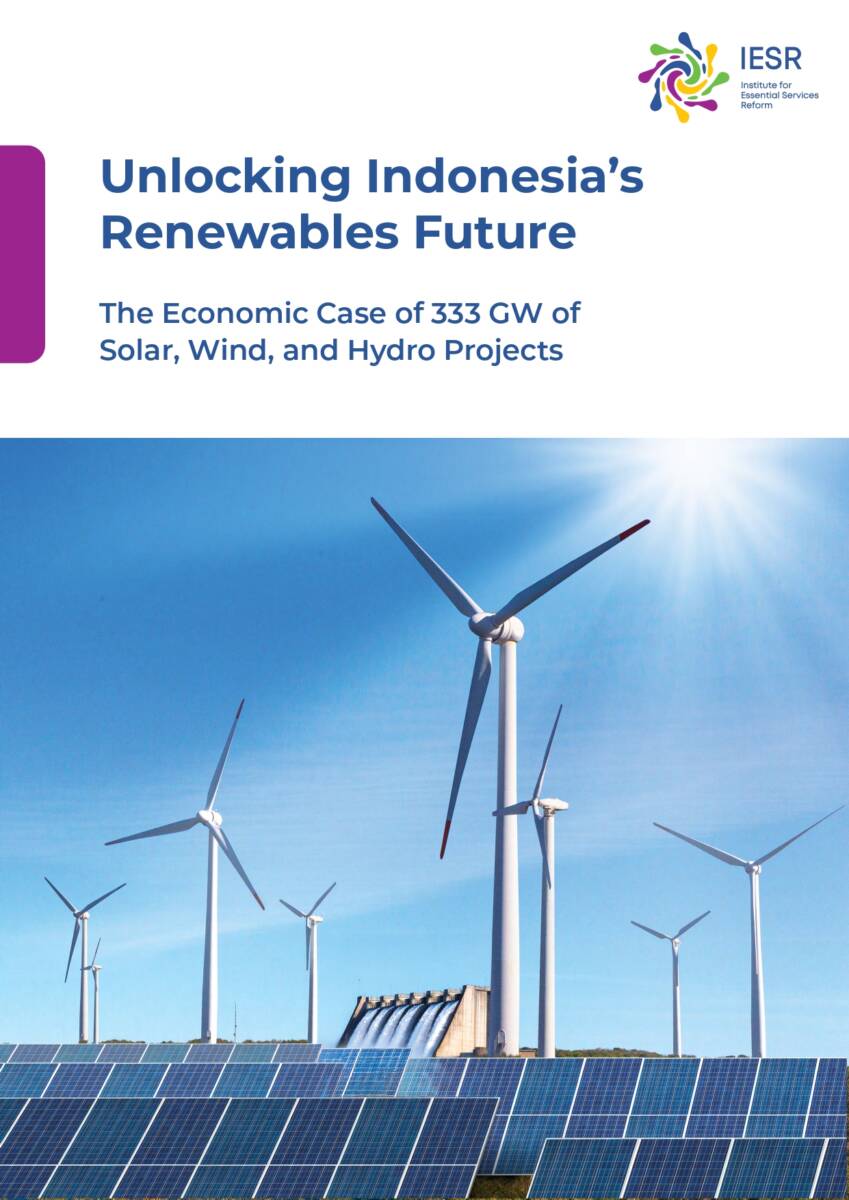
The publication, Unlocking Indonesia’s Renewables Future: the Economic Case of 333 GW of Solar, Wind and Hydro Projects, examines the
